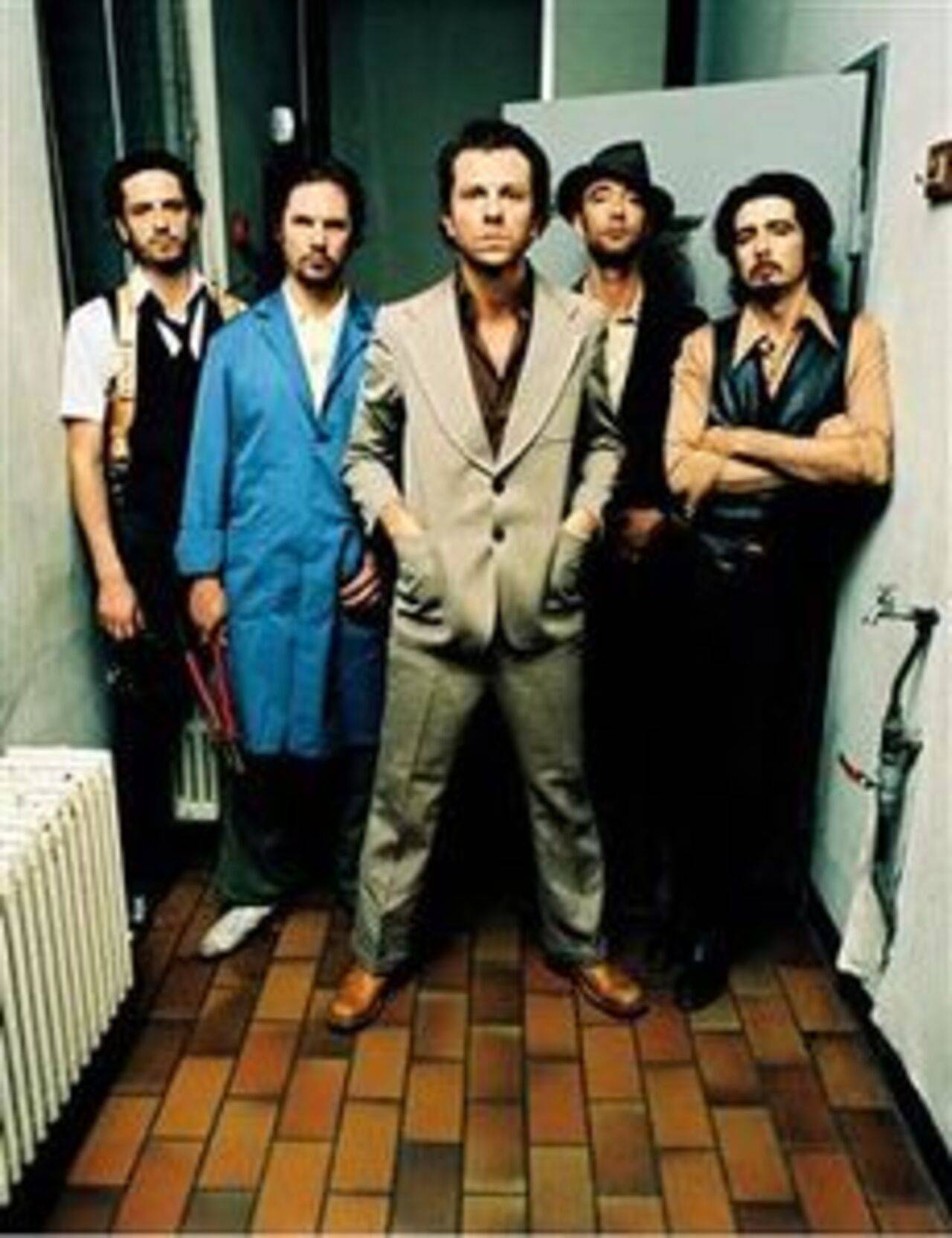
Deus
Biography
It is in the Belgian city of Antwerp that the EUS adventure begins. Specifically in 1991 and at the initiative of Tom Barman (guitar and singing), Stef Kamil Carlens (guitar), Gino (bass), and Kris Daans (battery). The training then takes place in the small clubs of Flanders by making acoustic covers of the Velvet Underground, the Pixies, or Neil Young. Gradually finding his brands, the quintet went to Spain and Belgium before recording several demos. An agreement will finally be reached in 1993 with Bang! Records about the distribution of the maxi Zea , their first real production. This will already attract interest from the independent Anglo-Saxon structures, but it is the London services in the first part of Girls Against Boys that will create the buzz around dEUS. Following a slight line-up change, the album Worst Case Scenario will be boxed in December 1993. Everything goes very fast, since a global license contract was concluded the following month with the giant Island Records , a label that had already had the band in its tablets since its first British getaway. The success is enormous in Belgium, but it is going to go over the borders of the country. Building on this strong new reputation in the inde mid-90s scene, the EP My Sister = My Clock will be recorded in the following year. But DEUS knows his first real start with guitarist Rudy Find, replaced by Scotsman Craig Ward. The latter will give a decisive impetus to the band at the start of the second album In A Bar, Under The Sea in 1996. The record, produced by Eric Feldman (member of Captain Beefhart Magic Band, Pj Harvey, and of the Pixies), reveals the experimental and rugged fiber of dEUS, the one that does not hesitate to shock the universes dear to each of its members. In 1999, a new founding element left the combo in the person of Stef Kamil Carlens. Danny Mommen will take over from his position, allowing the recording of the third opus. The Ideal Crash was released in 1999 and again benefits from a cador to the production in person of David Botrill ( Tool ). New sounds will be addressed, via coppers, strings, or mellotron. dEUS then gains in amplitude, performing especially in the most important festivals, and filling all the venues through which it passes. Belgians also get the support of such sizes as Radiohead or R.E.M (excuse a little), the latter not applause about them in the interviews. The combo then razed in its line-up in 2004. Along with Tom Barman, there are Klas Janzoons (violon), the ex-Soulwax Stéfane Misseghers (drums), Alan Gavaert (bass), and Mauro Pawlowski in the position of guitarist (replacement of Craig Ward). After six years of discographic diet, not to mention the compilation of singles No More Loud Music in 2001, dEUS returns in September 2005 with the long-awaited Pocket Revolution . Fortunately, it will not take so long to see his successor arrive: the pretty Vantage Point appeared in April 2008.
.
Discography
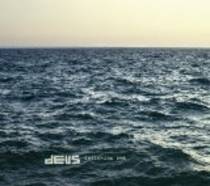
Following Sea
2012
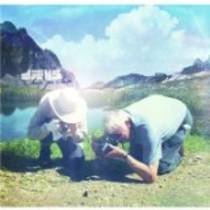
Keep You Close
2011
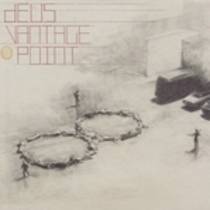
Vantage Point
2008
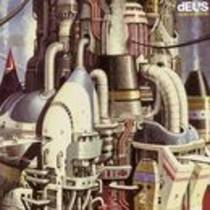
Pocket Revolution
2005
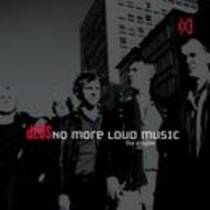
No More Loud Music (Compilation)
2001
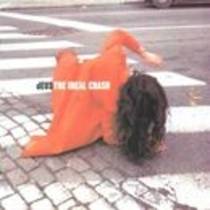
The Ideal Crash
1999
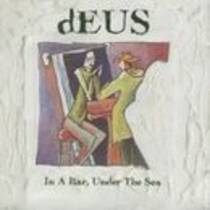
In A Bar, Under The Sea
1996
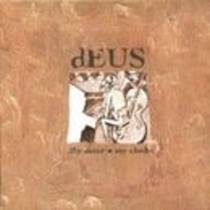
My Sister = My Clock
1995
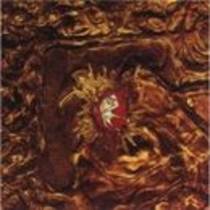
Worst Case Scenario
1994
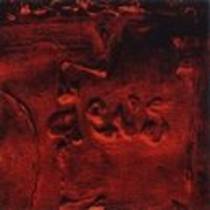
Zea
1993

